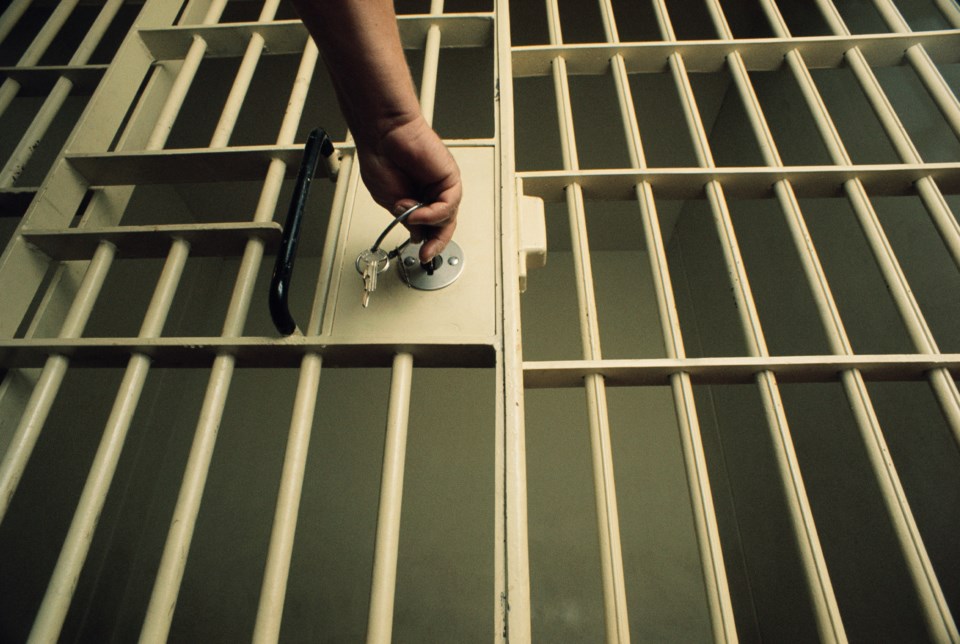"There is a huge difference between 'repeat offenders' as they are understood in the justice system and as it seems it is being used publicly," says criminal lawyer Kyla Lee.
A recent slew of Vancouver Police Department news releases has referred to alleged and/or convicted perpetrators of crime as "repeat offenders." Members of the public have taken to social media to criticize the B.C. justice system for releasing offenders out on bail or on promises to appear if it offers them the opportunity to re-offend in the meantime.
What is a "repeat offender"?
"A repeat offender is a person who has committed and been convicted of the same offence or class of offences on multiple occasions," defines Lee. "Repeat offender is not a legally correct or accurate term for a person who has been charged with an offence a second time or charged with multiple offences for which they have not been convicted. Everyone who is charged with an offence is entitled to be presumed innocent of it if and until proven guilty."
Lee explains that she gets frustrated seeing the term levied in cases where a person was arrested while on bail for another charge. "They are not necessarily a repeat offender—at least not on those facts," she says.
Why are offenders released on bail?
Legally, bail is a constitutionally-protected right under the Charter.
According to the Supreme Court of Canada, detention is a last resort that can only be employed when there are no other means to effectively control a person who may pose a risk of reoffending. Bail is a presumptive right and people charged with offences are entitled to be released "on the least onerous conditions possible," says Lee. "Even though someone has been charged with or convicted of the same or a similar offence before does not mean they should be denied bail."
Lee doesn't think that it's ethical to assume that people will reoffend. Lee believes the vast majority of people are only in contact with the justice system once in their life, or if they are in court multiple times, she says it's usually for unrelated matters or years apart. "There is a small minority of people who may be more habitually arrested and charged with criminal offences but typically those individuals are facing greater systemic challenges that lead to reoffending, such as under housing or homelessness, addiction, and mental health issues," she says. Lee adds that bail can address some of these concerns while pre-trial detention offers few options and can cause its own set of issues.
In Lee's experience, denying bail often results in innocent people pleading guilty or giving up legitimate defences in exchange for a quick sentence because being detained while awaiting trial might take longer.
Who decides on bail?
Police can choose to release detainees on a promise to appear in court or it can be decided by Crown counsel that a person should be released with or without certain conditions.
If Crown rules that the right to bail should be denied and makes an argument for detention or if there is a dispute about bail conditions, the decision is then made by a provincial court judge.
If it is decided that a person should be detained by a judge then that individual also has the right to have that ruling reviewed in 90 days by a BC Supreme Court judge.
@kylaleelawyer My thoughts and explanation on criticisim of #bail #release and the #justice system in #vancouver particularly in relation to so-called #prolificoffender ♬ original sound - Kyla Lee




